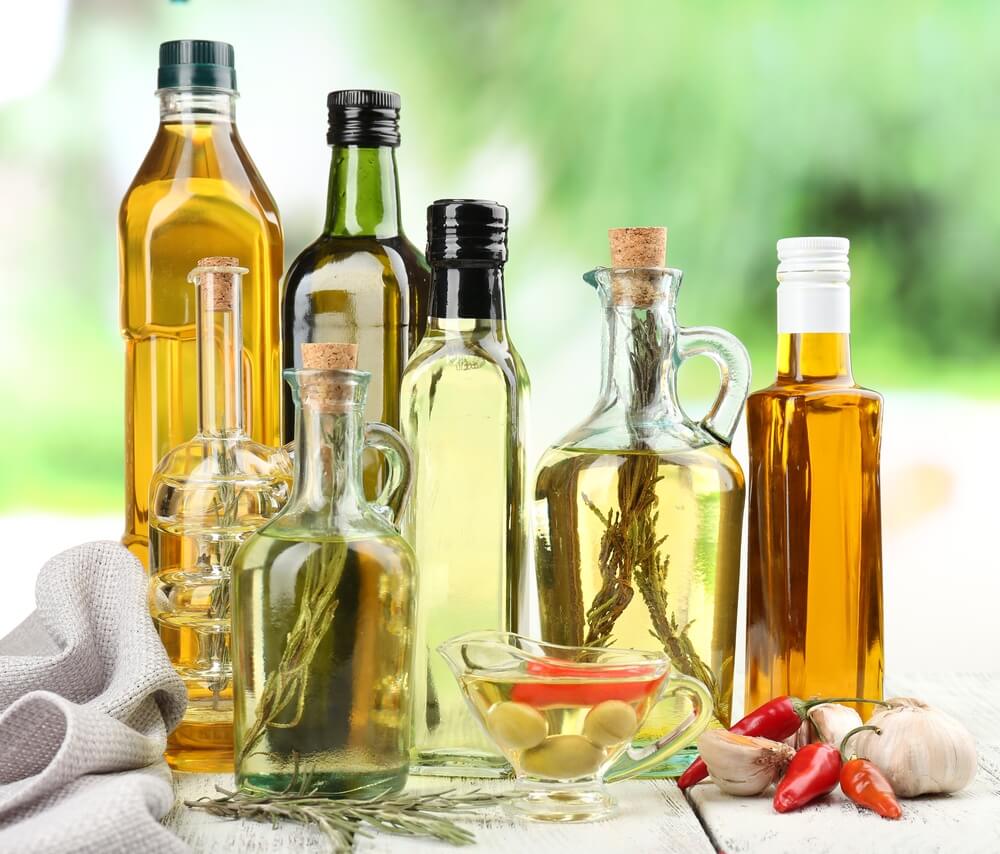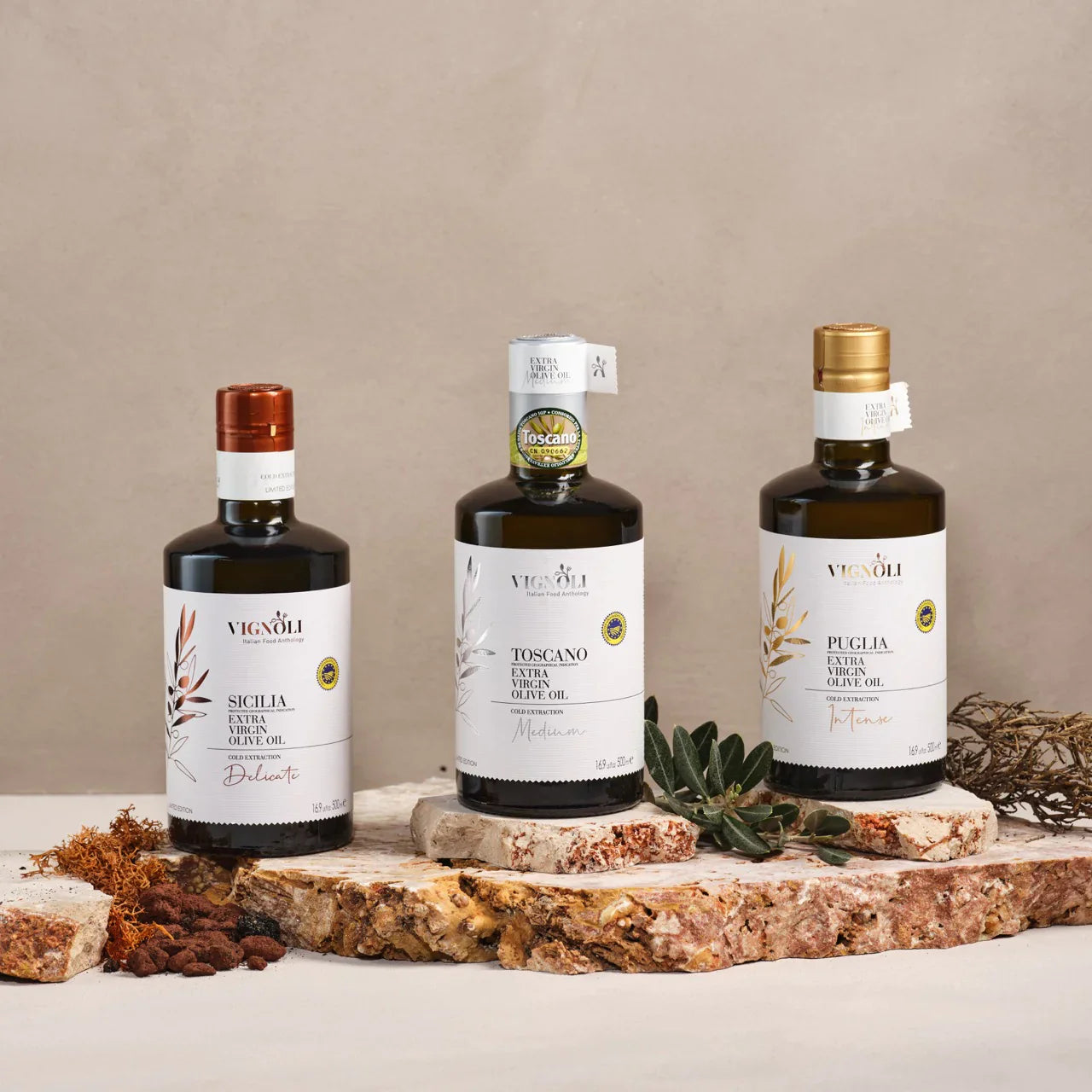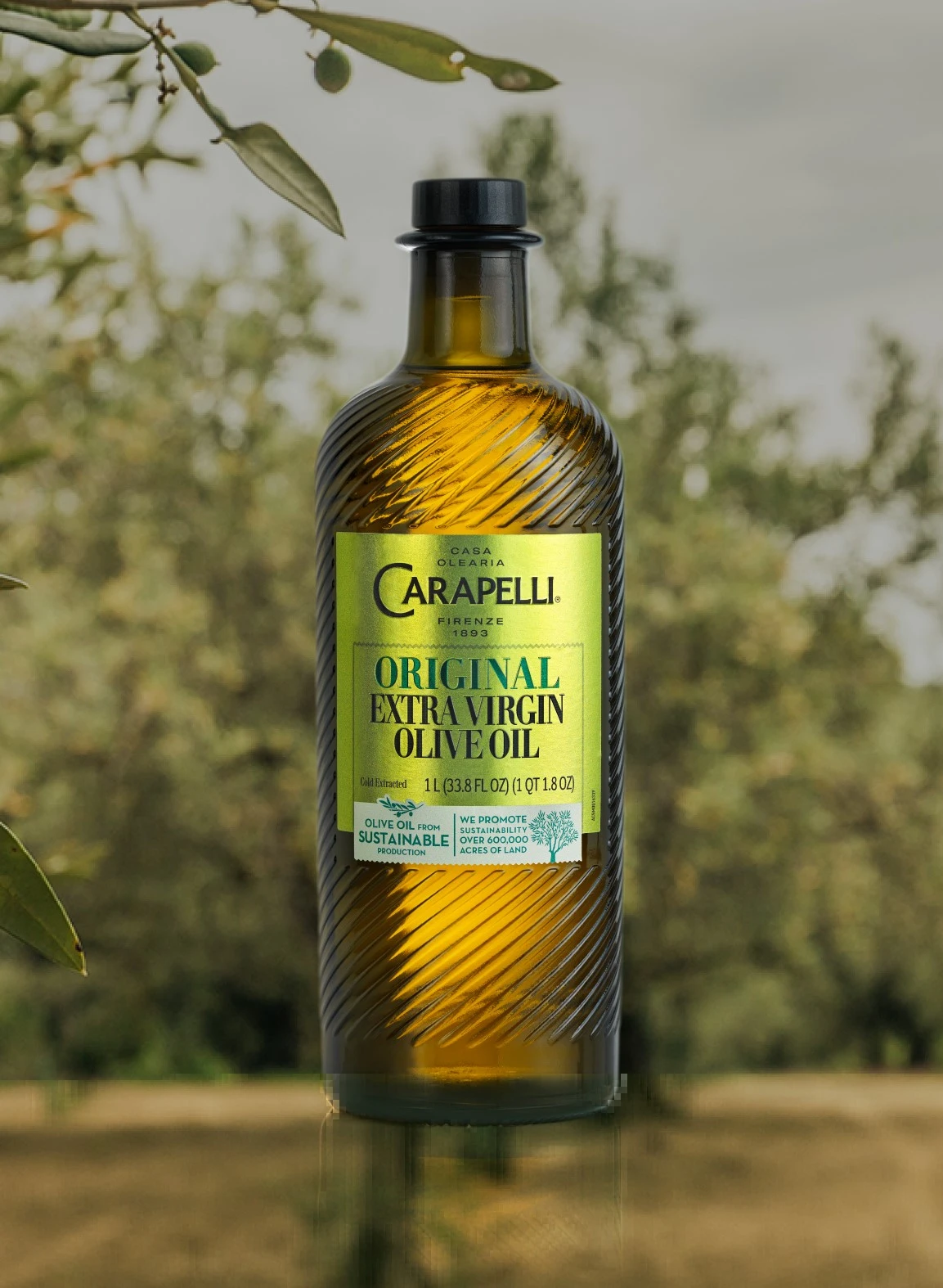Checking Out the Different Types of Olive Oil and Their Usages, Consisting Of Bonus Virgin Olive Oil
The exploration of olive oil incorporates a varied variety of kinds, each offering culinary applications and distinct tastes. Bonus virgin olive oil, renowned for its superior high quality and wellness benefits, offers as a staple in several kitchen areas, yet it is only one aspect of this diverse ingredient.
What Is Olive Oil?
Stemmed from the fruit of the olive tree, olive oil is a staple in Mediterranean food and a vital component in various cooking applications. This versatile oil is generated by pressing whole olives, leading to a fluid that differs in taste, color, and scent depending upon the kind of olives utilized, the region of farming, and the extraction process. Olive oil is mainly made up of monounsaturated fats, specifically oleic acid, which is known for its prospective health and wellness advantages, consisting of anti-inflammatory residential properties and cardio assistance.
In enhancement to its culinary usages, olive oil has a long history of application in standard medication and skin care, owing to its abundant antioxidant web content (extra virgin olive oil benefits). The oil is often utilized in dressings, marinades, and for cooking methods such as sautéing and roasting. Its distinctive flavor profile can boost the preference of different dishes, making it a necessary active ingredient for both home chefs and expert chefs
Additionally, olive oil is commemorated for its role in the Mediterranean diet, which is linked with countless wellness advantages. As awareness of these advantages expands, olive oil remains to acquire popularity worldwide as a basic element of a healthy way of living.
Kinds Of Olive Oil
Recognizing the various kinds of olive oil is necessary for both health-conscious customers and culinary lovers. Olive oil is classified largely based on its removal method and high quality, which significantly influences its scent, wellness, and flavor benefits.

Light olive oil, despite its name, describes a lighter taste and not lower calories. It is ideal for those looking for a much more subtle preference in dressings and sauces. Additionally, there are flavorful olive oils instilled with herbs, seasonings, or citrus, which can boost meals without the need for added spices.
Each type of olive oil offers particular culinary functions, and understanding these distinctions enables customers to make educated choices that straighten with their cooking designs and health and wellness goals.
Additional Virgin Olive Oil
Extra virgin olive oil (EVOO) is extensively considered the best olive oil available, popular for its rich taste and numerous wellness benefits. To be categorized as extra virgin, the oil needs to be produced from fresh olives utilizing mechanical procedures, without making use of solvents or too much heat. This thorough method protects the oil's all-natural flavors, anti-oxidants, and healthy fats, leading to an item with a low acidity degree of less than 0.8%.
EVOO is plentiful in monounsaturated fats, specifically oleic acid, which is linked to decreased swelling and improved heart health and wellness. It additionally contains polyphenols, powerful anti-oxidants that might offer protective impacts versus chronic diseases. The flavor account of you could check here EVOO can differ significantly depending upon the olive selection and area of production, ranging from verdant and fruity to durable and peppery.

Culinary Use Olive Oil

In cooking, olive oil can be made use of for sautéing, roasting, and barbecuing, providing a healthier option to butter or other fats. Its high smoke factor makes it suitable for numerous cooking approaches, while its antioxidants contribute to a heart-healthy diet. Sprinkling olive oil over ended up recipes, such as pasta, fish, or grilled vegetables, can elevate flavors and include a touch of beauty.
Moreover, olive oil plays a significant duty in cooking, where it can replace standard fats in dishes for bread and pastries, giving wetness and a subtle preference. It also acts as a base for infused oils, allowing chefs to explore flavors such as garlic, natural herbs, or chili, further broadening its cooking potential. Generally, olive oil's flexibility makes it vital in both home and expert kitchen areas.
Finding Quality Olive Oil
When selecting top quality olive oil, it's essential to consider numerous key factors that affect the product's taste, aroma, and wellness advantages. Opt for added virgin olive oil (EVOO), which is acquired from the first cool pushing of olives and contains the greatest degrees of anti-oxidants and advantageous substances. Look for oils that are certified by acknowledged organizations, as this typically makes sure adherence to stringent top quality requirements.
The product packaging likewise plays a substantial duty in protecting the oil's honesty. Select oils saved in dark glass bottles or tins to safeguard against light deterioration. Pay focus to the harvest date; fresher oils use remarkable flavor and nutritional worth, so pick products that are within 18 months of their harvest.
Be conscious of the taste; a great top quality olive oil must have an equilibrium of fruity, bitter, and peppery notes, indicating its splendor and complexity. By assessing these elements, you can ensure you are selecting the finest olive oil for your culinary needs.
Final Thought
In recap, the expedition of numerous kinds of olive oil discloses unique features and applications, with additional virgin olive oil standing for the pinnacle of top quality because of its reduced level of acidity and high antioxidant content. Its adaptability in culinary uses enhances tastes in dressings, marinates, and sprinkles. Recognizing the various selections of olive oil permits educated options in food preparation methods, advertising healthier methods while enhancing the total gastronomic experience. Quality selection continues to be vital for optimum benefits.
Derived from the fruit of the olive tree, olive oil is a staple in Mediterranean cuisine and an essential active ingredient in different cooking applications.The most typical types of olive oil include improved olive oil, pure olive oil, and light olive oil.Extra virgin olive oil this (EVOO) is commonly related to as the highest high quality olive oil offered, popular for its abundant taste and various wellness benefits. Choose for added virgin olive oil (EVOO), which is acquired from the initial cool pressing of olives and has the greatest degrees of anti-oxidants and helpful compounds.In recap, the exploration of different kinds of olive oil exposes unique characteristics and applications, with added virgin olive oil representing the pinnacle of top quality due to its reduced acidity and high antioxidant web content.
Comments on “The Top Extra Virgin Olive Oil Benefits That Can Transform Your Diet”